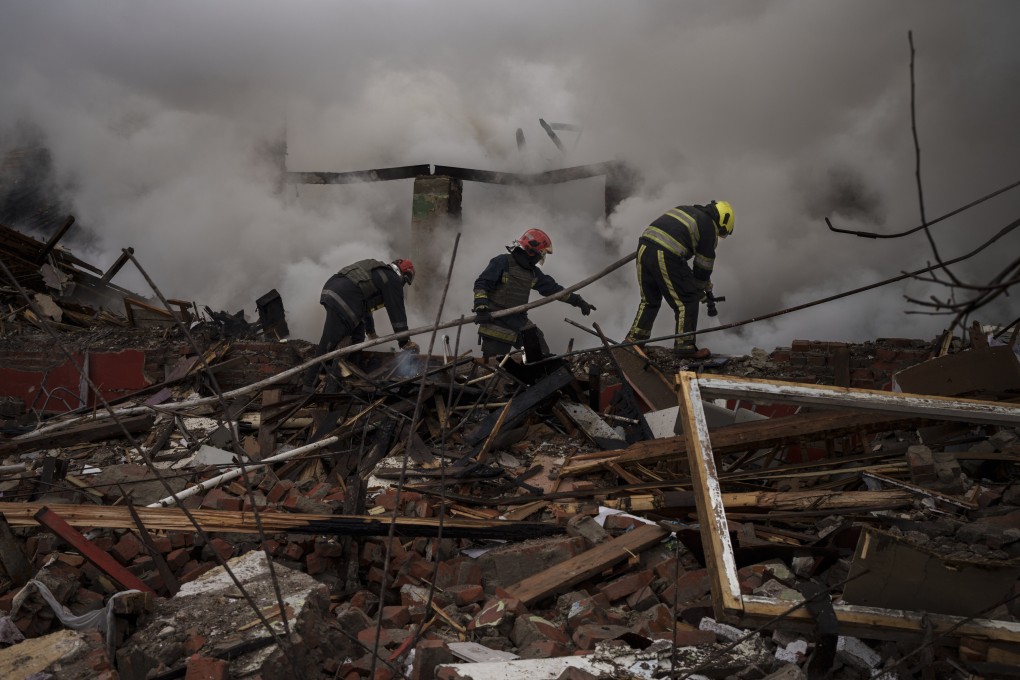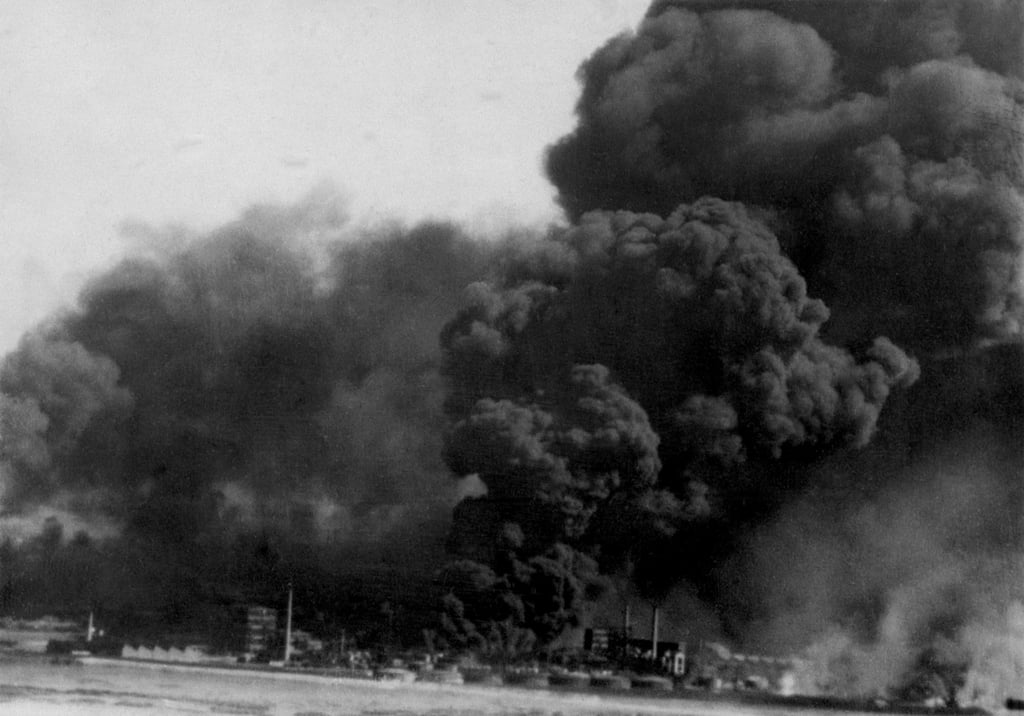Advertisement
Opinion | Russia-Ukraine war: Europe failed by not building alliances with Asia
- After outsourcing its security to the US and Nato, Europe now finds itself in a pseudo-proxy war. Asia should learn from this lack of strategic leadership
- European leaders lacked the spine to embrace China, India or Russia with an independent foreign policy – instead drinking deeply from America’s warlike doctrine
Reading Time:7 minutes
Why you can trust SCMP
72

Lost in the fog of war is the truth that the Russia-Ukraine crisis has revealed the failings of Europe’s leaders on two fronts.
Advertisement
First, why did they not see this coming? Because they are in denial about the nature of their subservient relationship with an increasingly reckless and hegemonic United States.
Second, why do they maintain this relationship with America? Because they lack the spine to embrace the alternative: an independent foreign policy on a more equal standing with the rest of the world – especially with Asian powers such as China and India.

If Europe, with its history of triggering global wars, is to move towards peace once more then it must first face up to these leadership failings and chart a new course based on something more than narrow alliances rooted in a shared European heritage and race.
Wars must be avoided at all cost and it takes true leadership to maintain peace, not ideological posturing and pandering to special relationships. Countries always act in their self-interest – the protection of national security, for example – but in this instance the leaders of Europe failed to protect their citizens by imposing a national security threat upon Russia.
This is not a defence of Vladimir Putin. Instigating war and its horrors is unforgivable, and he must be held responsible for his actions. But we should not be blindsided: it is a geopolitical reality that any country would feel its national security was at risk when faced with a military coalition, which it cannot join, expanding towards its borders. This type of provocation is intolerable and Western leaders should not have expected it to be endured.
Yet many in the West still arrogantly believe all other nations must mirror their ideologies and are deserving of antagonism if they do not. This stance is naively insufficient for a multipolar, globalised world that is sadly also overmilitarised – something Europe should have already recognised.

Advertisement
